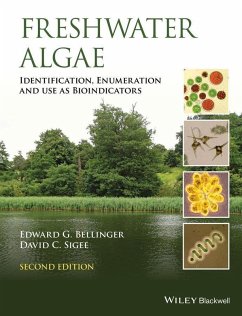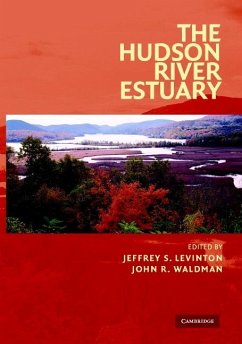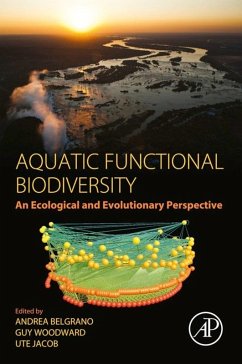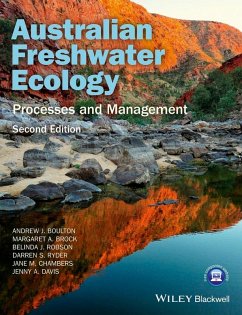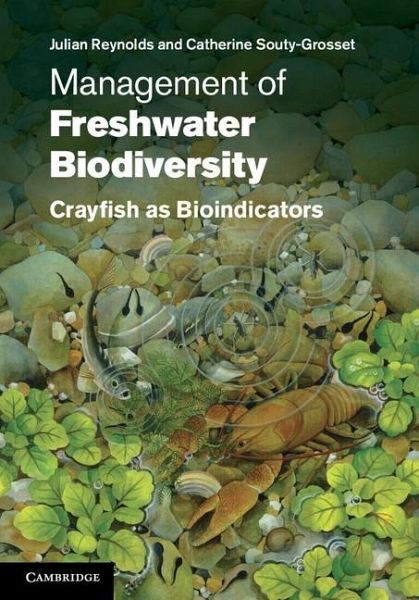
Management of Freshwater Biodiversity (eBook, ePUB)
Crayfish as Bioindicators
Versandkostenfrei!
Sofort per Download lieferbar
59,95 €
inkl. MwSt.
Weitere Ausgaben:

PAYBACK Punkte
30 °P sammeln!
Integrating research into freshwater biodiversity and the role of keystone species, this fascinating book presents freshwater crayfish as representatives of human-exacerbated threats to biodiversity and conservation. It uses examples from these and other large decapod invertebrates to explore how communities function and are controlled, alongside the implications of human demands and conflicts over limited resources, notably the severe impacts on biodiversity. The discussion is structured around three key topics - the present situation of crayfish in world freshwater ecosystems, the applicatio...
Integrating research into freshwater biodiversity and the role of keystone species, this fascinating book presents freshwater crayfish as representatives of human-exacerbated threats to biodiversity and conservation. It uses examples from these and other large decapod invertebrates to explore how communities function and are controlled, alongside the implications of human demands and conflicts over limited resources, notably the severe impacts on biodiversity. The discussion is structured around three key topics - the present situation of crayfish in world freshwater ecosystems, the applications of science to conservation management and knowledge transfer for successful crayfish management. It outlines the historic exploitation of crayfish, addressing the problems caused by invasive alien forms and explaining the importance of correct identification when dealing with conservation issues. Offering a global perspective on freshwater systems, the book ultimately highlights how the conservation of such large and long-lived species will help protect ecosystem quality in the future.
Dieser Download kann aus rechtlichen Gründen nur mit Rechnungsadresse in A, B, BG, CY, CZ, D, DK, EW, E, FIN, F, GR, HR, H, IRL, I, LT, L, LR, M, NL, PL, P, R, S, SLO, SK ausgeliefert werden.




